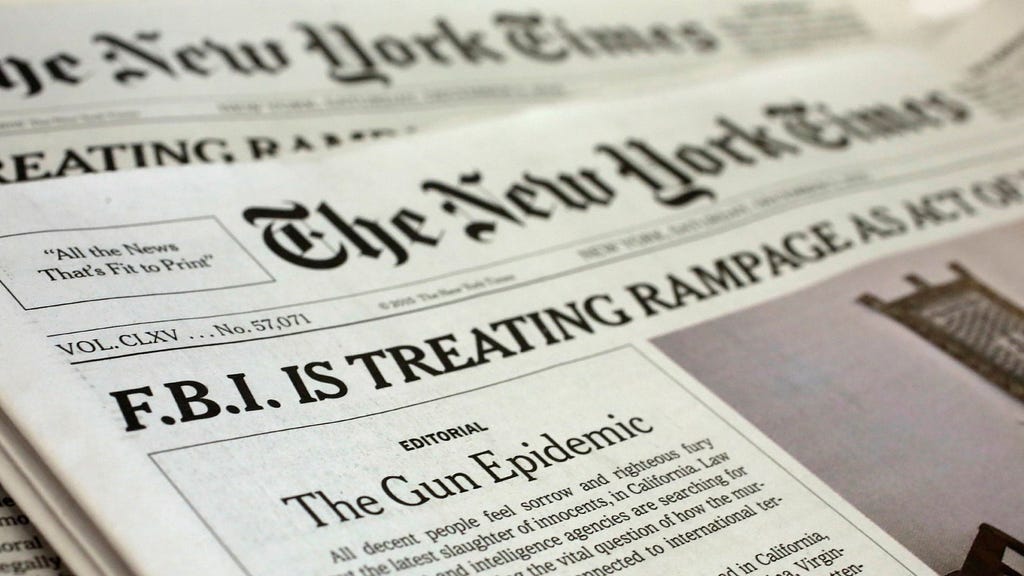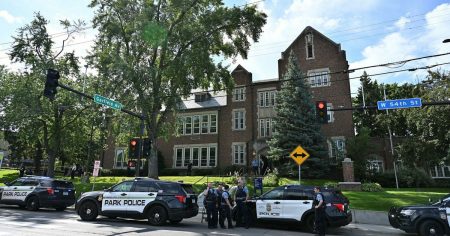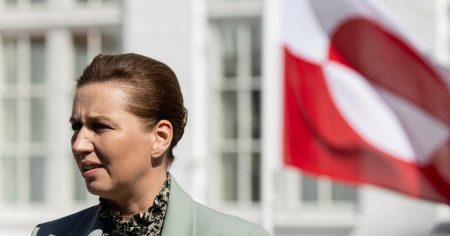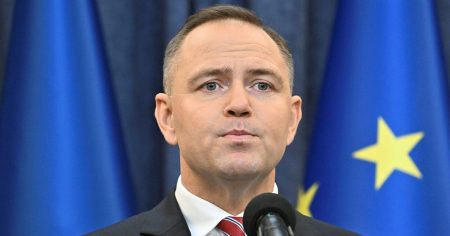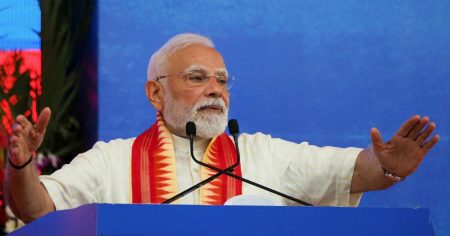The Trump administration’s decision to revoke press credentials for several major media outlets, including The New York Times and NPR, from the Pentagon press room, while simultaneously granting access to publications like the New York Post and the far-right Breitbart News Network, marks a significant shift in the relationship between the government and the press. This move, seemingly prioritizing outlets perceived as friendly to the administration while sidelining those deemed critical, raises concerns about fairness, transparency, and the potential for manipulation of information disseminated to the public. The decision sparks a debate about the role of a free press in a democracy and the implications of selectively granting access to information based on perceived political alignment.
The removal of established news organizations like The New York Times and NPR, known for their rigorous reporting and commitment to journalistic standards, weakens the presence of independent voices within the Pentagon press corps. These outlets have a long history of holding the government accountable and providing in-depth coverage of military affairs and national security issues. Their absence creates a void, potentially limiting the public’s access to diverse perspectives and critical analysis of government policies and actions. Replacing them with publications like Breitbart, known for its partisan reporting and propagation of misinformation, raises serious concerns about the potential for biased coverage and the dissemination of propaganda.
The implications of this decision extend beyond the Pentagon press room. It sends a chilling message to other news organizations, potentially discouraging critical reporting for fear of losing access or facing repercussions. This creates an environment where journalists may feel pressured to self-censor, ultimately undermining the public’s right to know and hindering the media’s ability to hold the government accountable. The administration’s decision also raises questions about the criteria used to determine which outlets receive credentials and whether political considerations played a role in the selection process.
Furthermore, granting preferential access to outlets like the New York Post and Breitbart, which often echo the administration’s narrative and promote a specific political agenda, creates an echo chamber effect. This reinforces pre-existing beliefs and limits exposure to alternative perspectives, potentially contributing to polarization and hindering informed public discourse. By shaping the information landscape within the Pentagon, the administration risks manipulating the narrative and controlling the flow of information to the public.
The decision to reshape the Pentagon press corps also raises concerns about the potential for the spread of disinformation and propaganda. Breitbart, for instance, has a documented history of publishing false and misleading information, often promoting conspiracy theories and inflammatory rhetoric. Granting this outlet access to the Pentagon press room provides a platform for the dissemination of such content, potentially undermining public trust in legitimate news sources and creating confusion about critical national security issues.
Ultimately, the Trump administration’s decision to reshuffle the Pentagon press corps represents a concerning development for press freedom and the public’s right to access information. By prioritizing outlets perceived as friendly and silencing critical voices, the administration risks creating an environment where information is manipulated and controlled, undermining the principles of transparency and accountability that are essential for a healthy democracy. This move raises fundamental questions about the role of a free press in holding the government accountable and ensuring that the public has access to a diverse range of perspectives on critical issues. The long-term consequences of this decision could have a lasting impact on the relationship between the government and the press, and on the public’s ability to make informed decisions about national security and other vital matters.





